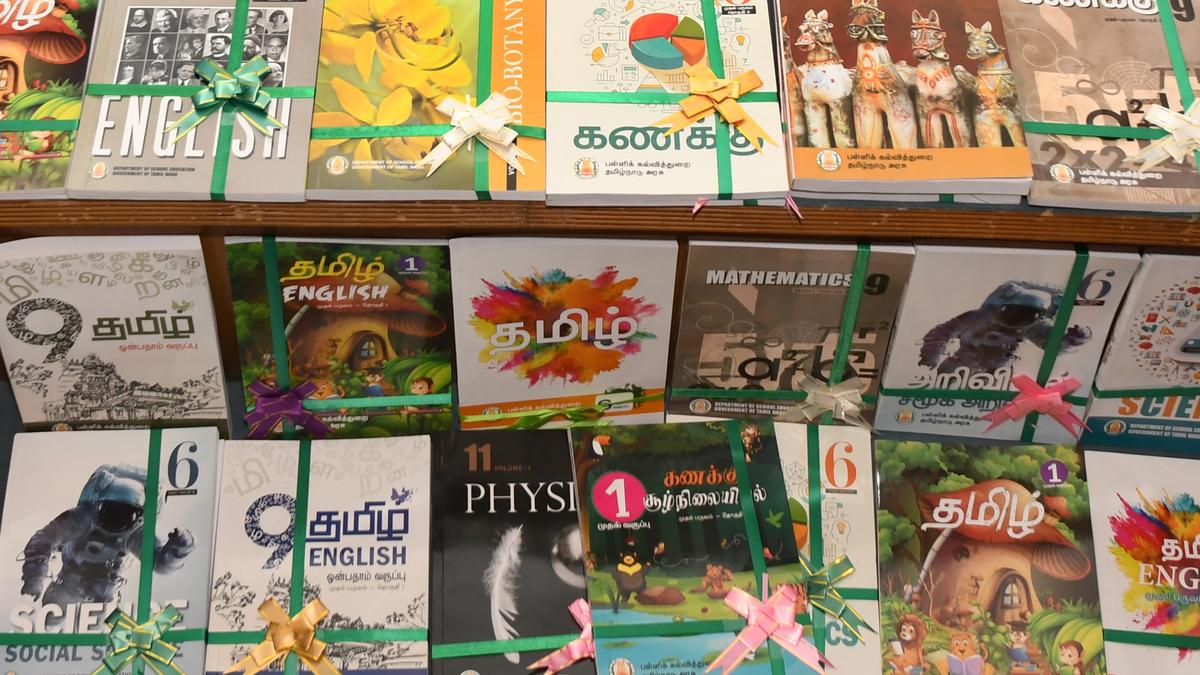NEW DELHI: Opposing any stay on fully operationalising the Waqf Amendment Act, 2025, the Centre, in its written submissions before Supreme Court, said Tuesday that the legislation did not impinge upon any religious aspect of waqf and merely attempted to regulate its secular activities relating to management of waqf properties.The submissions, which will be formulated into arguments by solicitor general Tushar Mehta, said the challenge to the validity of the new law was because the petitioners had confused the creation of waqf and property regulations associated with waqf with religious rights under Articles 25 and 26 of the Constitution.

It said since the fundamental purpose of the Waqf Act was to confer statutory validity upon dedications while imposing certain duties and responsibilities, it was always open to Parliament to alter the framework which conferred statutory validity to such dedications.“The Waqf Act, including the amendments, do not touch any religious aspects of waqf, such as functions of the ‘sajjadanashin’ or any other essential religious practices of Muslims in general,” the Centre said.‘Property dedicated to Allah, waqf purely religious in nature’The enactment merely seeks to efficiently regulate the secular aspects of waqf, grounded in property management and regulation, which is intrinsically public in nature, affecting the rights of the public at large, Centre said. While senior advocates Kapil Sibal, A M Singhvi, Rajeev Dhavan, C U Singh and Huzefa Ahmadi, for the Muslim side, argued on Tuesday that waqf was purely religious in nature since the property was dedicated to Allah, Centre said, “Waqf, by its very nature, is a secular concept.This is so since waqf merely means dedication of property.” “The word ‘waqf ’ is derived from the Arabic word which means ‘to hold’.In case of religious waqf, a part of the activities being carried out by the individual waqf may be religious in nature, while other secular aspects of ‘administration of property’ in ‘accordance with law’ remain.” Centre’s submissions also appeared to counter Sibal’s argument that adjudication of disputes over waqf property, especially when it was to be determined whether the property was govt land, was entirely in the hands of the govt officer, resulting in the govt being the judge in its own cause.Centre said every order passed under Waqf Amendment Act, 2025, “is subject to judicial review before the specialised waqf tribunal under Section 83(2)”. “Thus, contrary to the submissions of the petitioners, no grave national urgency arises which warrants a stay of the enactment, as every situation which may arise during operationalisation of the enactment can be tackled judicially in the appropriate forum,” it said.






